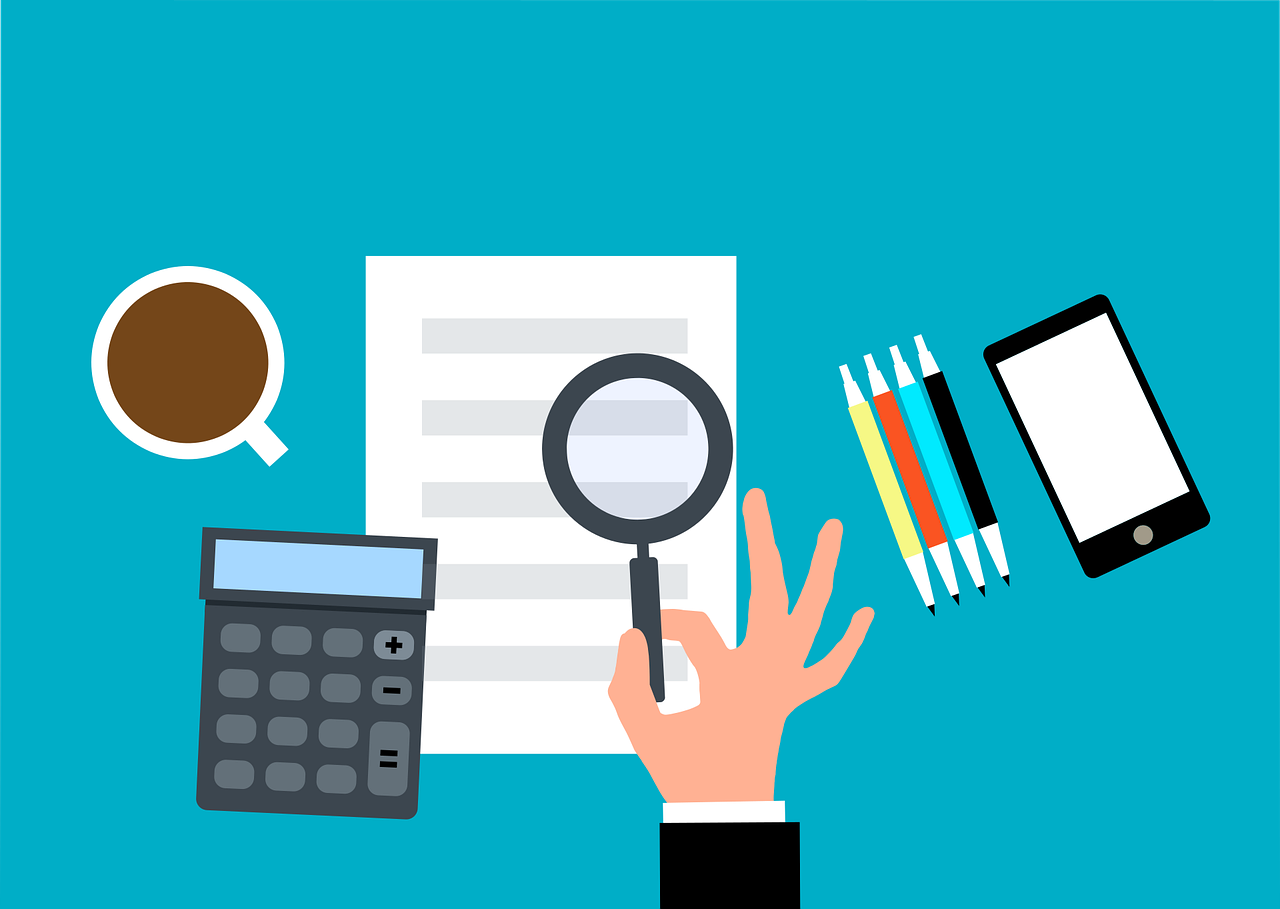Home Buyer Guide
Welcome to Your Home Buying Journey
Buying your first home is an exciting milestone, but it can feel overwhelming without proper guidance. This comprehensive guide will walk you through each step of the home buying process, from initial preparation to getting the keys to your new home.
The Home Buying Process: A Complete Roadmap
Phase 1: Getting Started
1. Get Pre-Approved
Before you start house hunting, it's crucial to understand your financial position:
- Speak with a lender to review your FICO® score and credit history
- Determine if you qualify for pre-approval or pre-qualification
- Calculate your potential budget, including:
- Monthly mortgage payments
- Homeowners insurance costs
- Property taxes
- HOA fees (if applicable)
- Maintenance reserves
- Explore down payment options and assistance programs
- Gather necessary financial documents (tax returns, pay stubs, bank statements)
2. Find a REALTOR®
A professional real estate agent is your advocate throughout the process:
- Interview potential agents to find someone who understands your needs
- Look for experience with first-time buyers in your target neighborhoods
3. Sign a Buyer Representation Agreement
Formalize your relationship with your chosen REALTOR®:
- Review the agreement's terms carefully
- Understand the services your agent will provide
- Clarify expectations for communication
- Discuss the compensation structure
4. View Properties
Now comes the exciting part—finding your future home:
- Create a detailed wish list with must-haves and nice-to-haves
- Identify target neighborhoods based on your priorities
- Attend open houses and scheduled viewings
- Take notes and photos to help remember each property
- Consider school districts, commute times, and community amenities
5. Make an Offer
When you find "the one," your REALTOR® will help you:
- Research comparable properties to determine a fair offer price
- Structure your offer with appropriate contingencies
- Navigate negotiations in competitive markets
- Respond to counteroffers effectively
Phase 2: From Accepted Offer to Closing
1. Secure Financing
After your offer is accepted:
- Submit all required documents to your mortgage lender
- Review loan options and select the best product for your situation
- Lock in your interest rate
- Understand closing costs and prepare necessary funds
2. Schedule a Home Appraisal
Your lender will arrange an appraisal to:
- Verify the property's value matches the purchase price
- Ensure you're not overpaying for the home
- Satisfy mortgage underwriting requirements
3. Obtain Homeowners Insurance
Protect your investment by:
-
- Researching insurance providers and coverage options
- Understanding policy limits and deductibles
- Addressing any specific concerns about the property location
- Note: Insurance availability can be limited in certain areas, so start this process early
4. Schedule a Home Inspection
A thorough inspection helps you:
- Identify any existing or potential issues with the property
- Negotiate repairs or credits with the seller
- Make an informed decision about proceeding with the purchase
- Understand future maintenance needs
5. Do a Final Walkthrough
Before closing:

- Verify the property's condition hasn't changed
- Confirm any agreed-upon repairs have been completed
- Ensure the home is ready for the closing process
- Address any last-minute concerns
6. Close on Your New Home
The culmination of your home buying journey:
- Review and sign all closing documents
- Pay closing costs and down payment
- Formalize the legal transfer of ownership
- Understand your mortgage payment schedule
7. Get the Keys
The moment you've been waiting for:
- Receive the keys to your new home
- Coordinate your move-in timeline
- Begin your journey as a homeowner
- Celebrate this significant achievement!
Contact Our Team
Our experienced team of real estate professionals is ready to guide you through every step of your home buying journey. Schedule a consultation today to discuss your home buying goals and create a personalized plan for success.
Frequently Asked Questions
- How long does the home buying process typically take? The timeline varies, but most first-time buyers complete the process in 3-6 months from pre-approval to closing.
- What credit score do I need to buy a home? While requirements vary by loan type, most conventional loans require a minimum score of 620, while FHA loans may accept scores as low as 580.
- How much do I need for a down payment? Down payment requirements range from 0% for VA loans to 3-5% for many first-time buyer programs, and typically 10-20% for conventional loans.
- What's the difference between pre-qualification and pre-approval? Pre-qualification provides a general estimate based on self-reported information, while pre-approval involves verification of your financial information and is a stronger indicator of your buying power.
- Should I buy a home if I plan to move in a few years? Generally, buying makes more financial sense if you plan to stay in the home for at least 3-5 years, considering closing costs and building equity.
- What happens if the appraisal comes in lower than my offer? You can negotiate with the seller for a lower price, make up the difference in cash, request a second appraisal, or potentially walk away from the deal (if you have an appraisal contingency).
- How do I know if I'm ready to buy a home? Key indicators include stable employment, manageable debt levels, savings for down payment and closing costs, and confidence in staying in one location for several years.


